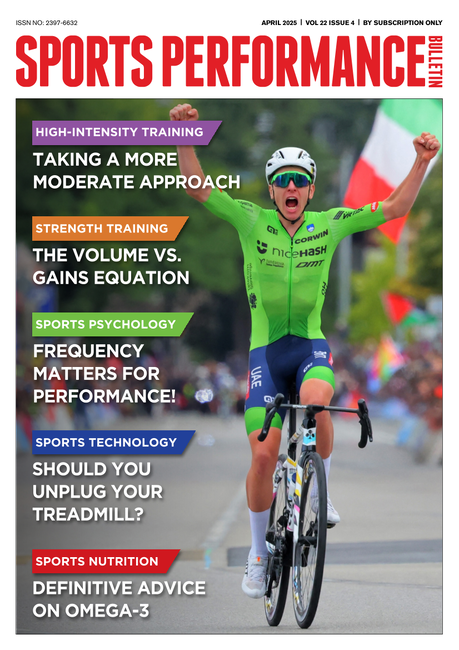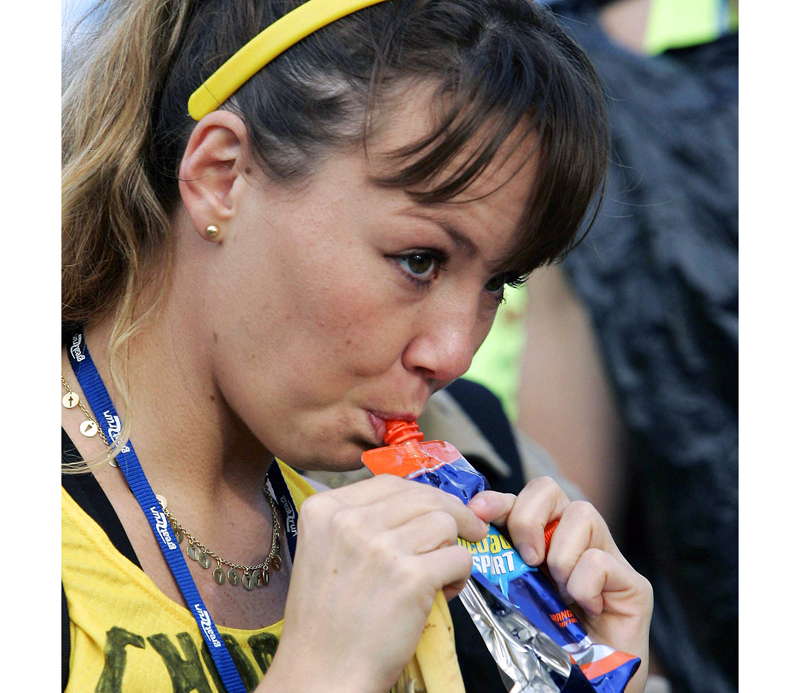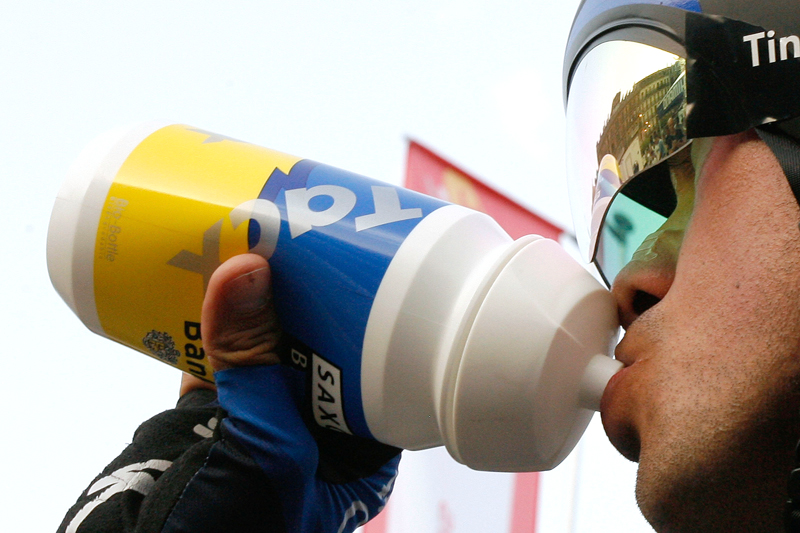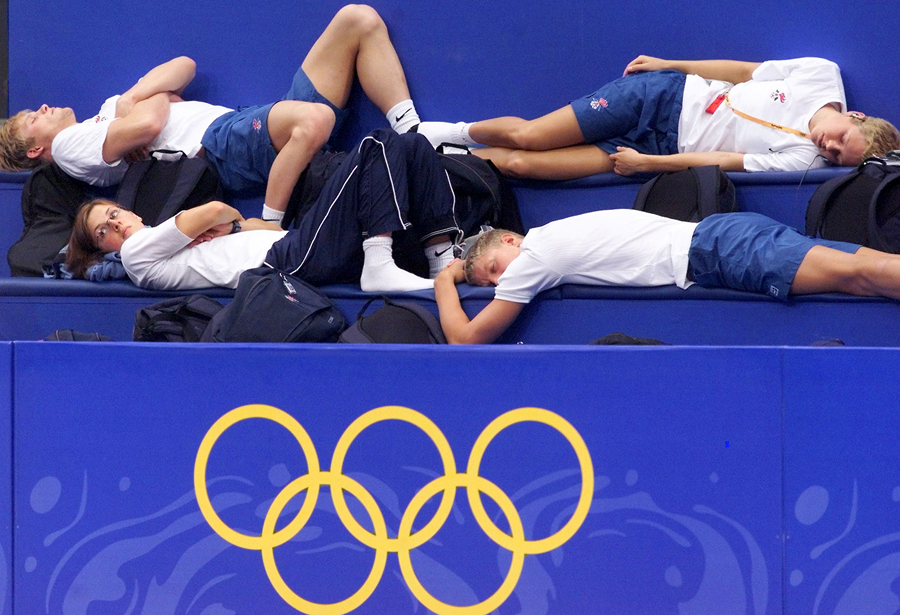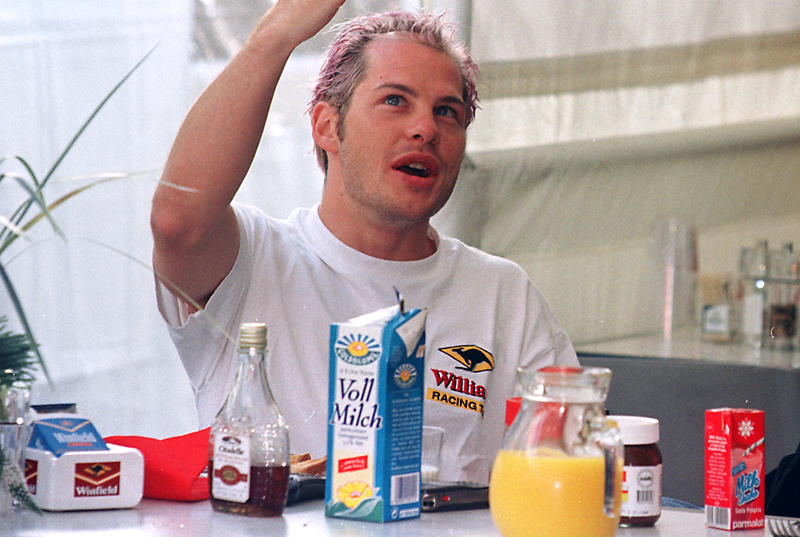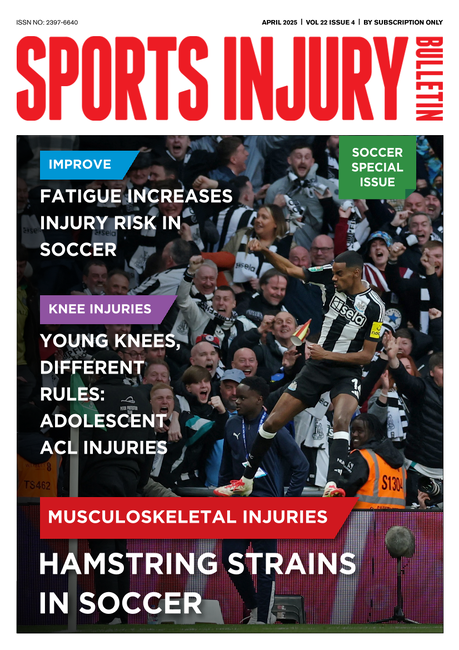The power athlete’s kit bag: packing fuel to win
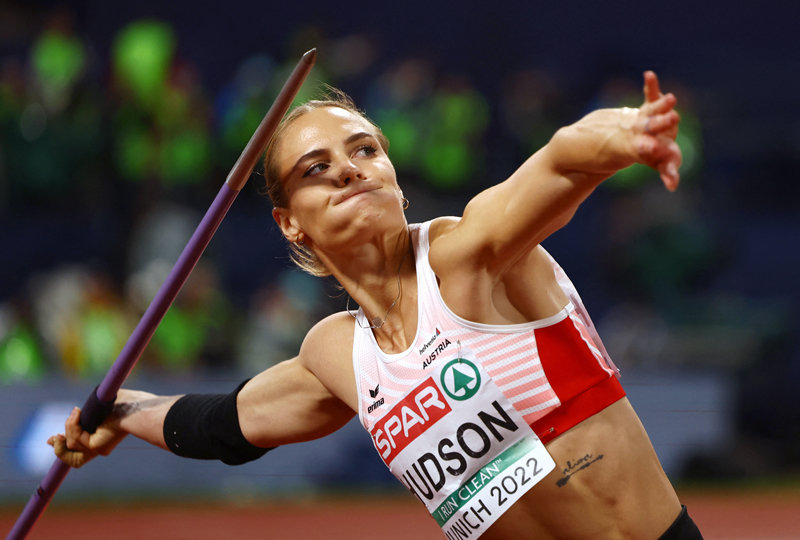
Although springtime is still over a month away, the time is fast approaching when athletes in field and track sports will start focusing on the looming competitive season ahead. That obviously means paying careful attention to training loads, intensities and recovery. It will also mean thinking about day-to-day nutrition and post-training recovery nutrition. It may also involve how and when to deploy other ancillary modes of training and recovery (strength training, flexibility programs, massage and foam rolling etc). However, what sometimes gets overlooked in these scenarios is attention to detail on the day of competition, particularly where nutrition is concerned.
Single events vs. heats and rounds
For a single isolated event occurring on a particular day – eg a morning marathon race or an important soccer match – athletes need to ensure that their nutritional needs are satisfied by ensuring an appropriate breakfast (see this article) and perhaps lunch is consumed. In addition, athletes also need to attend to their energy and fluid needs immediately prior to and during the event (see this article), making sure they are optimized to match the physical demands of the event. Get these two factors right and there’s a good chance that you will be able to perform well, and certainly not be hindered by poor pre and in-event nutrition!
When it comes to short-event athletes such as sprinters, jumpers and throwers however, things are a little different. While day-to-day nutrition in order to maximize muscle strength, power and post-training recovery, or single event nutrition is still critically important for these athletes, relatively little has been written about race/event day nutrition for events such as athletics meetings, which typically involve a number of heats/rounds. In this scenario, athletes need to not only start the day properly fueled, hydrated and mentally focused, but also to remain that way throughout the day in order to maximize performance in each and every heat/round. In this article therefore, we will try and provide some specific and evidence-based guidelines for this very scenario.
Fundamentals of day-long nutrition
Before we look at how to best structure nutrition to get athletes through a day-long, multi-round/heat meeting, let’s take a look at the fundamentals of what needs to be achieved in order to maximize your performance during the day:
- Muscle fueling: In order to perform at maximum efficiency, your muscles need to be adequately topped up with your body’s 5-star fuel – glycogen (stored carbohydrate). Any shortfall can leave you feeling tired with ‘leaden’ limbs(1,2).
- Consistent energy levels: One of the biggest challenges facing athletes is to ensure they remain ‘primed’ and ready to compete whenever the time arises. This means ensuring that blood sugar levels are kept on an even keel to avoid any energy ‘peaks and troughs’(3). To achieve this, the type and timing of carbohydrate meals and snacks is important.
- Hydration: Sub-optimum levels of hydration can result in tiredness and fatigue – both mental and physical. Keeping properly hydrated, especially through a long meeting in hot weather is therefore important – see this article for an in-depth review of the recent evidence on optimum hydration for athletes.
- Happy tummy: Any fueling or hydration strategy needs to be easy on the tummy to ensure that there is no gastric distress, which can wreak havoc, even in the best-prepared athlete! Data shows that even mild gastric distress can significantly impair performance in competitive athletes(4,5).
- Performance boosters: Certain supplements can boost performance, but for maximum benefits, the timing and dose needs to be correct.
To fulfill all of the requirements above, it’s important to appreciate that understanding what NOT to eat is as important as knowing what to eat! It’s also important to realize that individual tastes and preferences also mean that no universal nutrition or dietary formula exists that can be applied to every athlete. Therefore, experimenting with pre-exercise meals and snack and in-exercise feeding in training is absolutely essential to develop a good routine on your race/event day. In the section below, we’ll look at what these above requirements mean in terms of nutritional choices.
Fueling and energy
Let’s assume that in the run up to your meeting, you’ve correctly tapered your training load down, got adequate rest and consumed a wholesome diet containing plenty of high-quality carbs such as wholegrain breads and cereals, rice, pasta, beans peas and lentils and starch fruits such as apples, pears and bananas. At this point, you can pat yourself on the back because that means you’ll be starting your event with muscles that are glycogen replenished and ready for action!
Breakfast
Now let’s think about the day itself. Your very first priority should be to consume a decent breakfast, rich in slow-releasing carbohydrate such as wholegrain bread or cereals and containing some high-quality protein. There are two reasons for this:
- Numerous studies have shown that consuming a high-quality, low-GI breakfast helps to stabilize blood sugar levels during the early part of the day, leading to improved energy levels and mental focus later on (exactly what you need)(6,7).
- Research also shows that eating breakfast leads to healthier food choices and less food cravings later in the day – a real benefit as the day progresses where there could be a growing temptation to consume junk snacks(8)!
In terms of food choices, this leaves plenty of options such as a whole grain sugar-free cereal and skimmed or semi-skimmed milk, wholemeal toast and scrambled egg, natural (sugar-free), a small bowl of porridge followed by yogurt with chopped fruit. There are some golden rules however:
- Avoid foods that are very high in fiber (and which might aggravate your tummy at the wrong time!) such as bran cereals, large amounts of nuts and seeds, or large quantities of dried fruits such as apricots/raisins.
- Avoid sugary cereals and other foods high in sugar, which can leave you with an post-breakfast energy dip once the initial sugar rush has passed.
- Avoid too much fat (eg consuming a full English breakfast, rich in high-fat meats and other fired produce!), which slows down gastric emptying. This is especially true if you expect your first effort to be early in the day.
- ALWAYS stick to foods that you have tried and testing in training. Don’t be tempted to try something else on the day of the event. That exotic superfood chia seed smoothie might sound healthy and energy packed, but could leave you with a serious bout of gastric distress!
You need to be logged in to continue reading.
Please register for limited access or take a 30-day risk-free trial of Sports Performance Bulletin to experience the full benefits of a subscription. TAKE A RISK-FREE TRIAL
TAKE A RISK-FREE TRIAL
Newsletter Sign Up
Testimonials
Dr. Alexandra Fandetti-Robin, Back & Body Chiropractic
Elspeth Cowell MSCh DpodM SRCh HCPC reg
William Hunter, Nuffield Health
Newsletter Sign Up
Coaches Testimonials
Dr. Alexandra Fandetti-Robin, Back & Body Chiropractic
Elspeth Cowell MSCh DpodM SRCh HCPC reg
William Hunter, Nuffield Health
Keep up with latest sports science research and apply it to maximize performance
Today you have the chance to join a group of athletes, and sports coaches/trainers who all have something special in common...
They use the latest research to improve performance for themselves and their clients - both athletes and sports teams - with help from global specialists in the fields of sports science, sports medicine and sports psychology.
They do this by reading Sports Performance Bulletin, an easy-to-digest but serious-minded journal dedicated to high performance sports. SPB offers a wealth of information and insight into the latest research, in an easily-accessible and understood format, along with a wealth of practical recommendations.
*includes 3 coaching manuals
Get Inspired
All the latest techniques and approaches
Sports Performance Bulletin helps dedicated endurance athletes improve their performance. Sense-checking the latest sports science research, and sourcing evidence and case studies to support findings, Sports Performance Bulletin turns proven insights into easily digestible practical advice. Supporting athletes, coaches and professionals who wish to ensure their guidance and programmes are kept right up to date and based on credible science.


